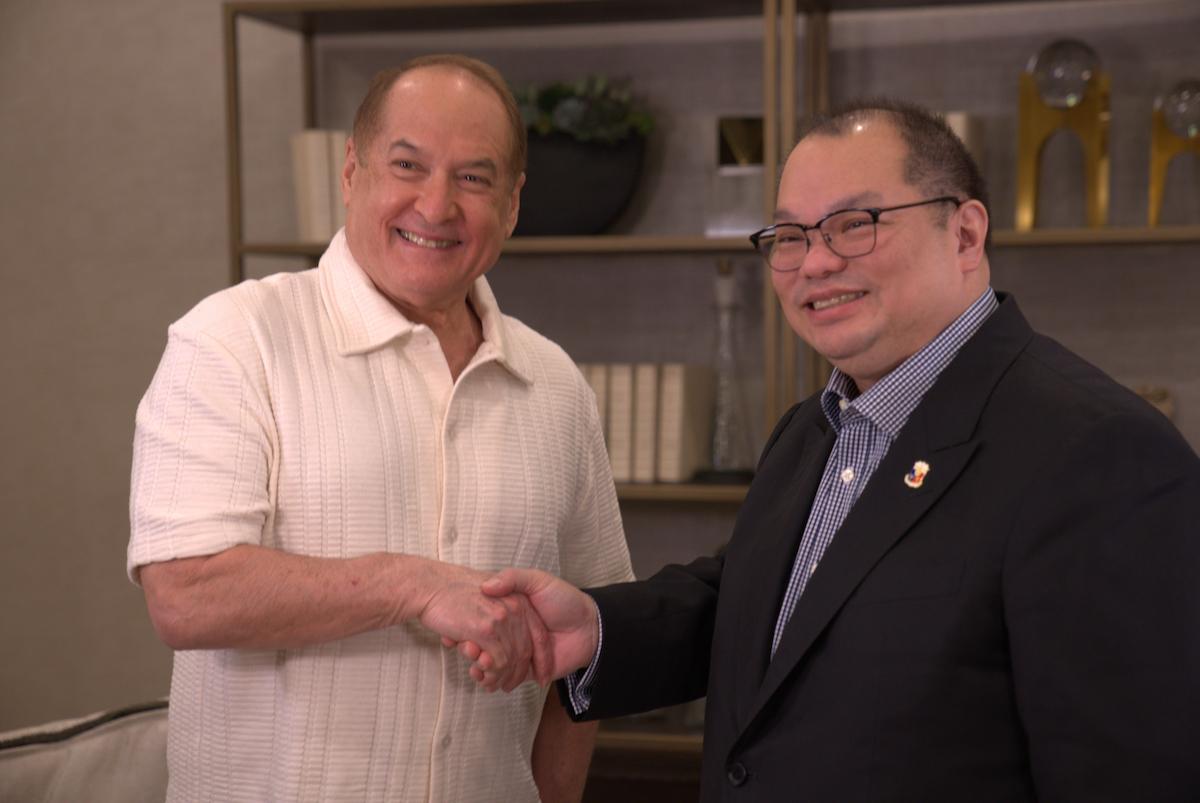MARIA came to the United States 10 years ago after divorcing her husband in the Philippines. She came to the United States as a tourist, but decided to stay because she had high hopes of a fresh start. 10 years later, she finds herself in love with her boyfriend Joe. Joe proposes to Maria and she accepted joyously. After the wedding, Joe petitions for Maria so that she can obtain lawful permanent residency. At the immigration interview, the interviewing officer extensively questions Maria about her former husband in the Philippines. Maria and Joe were shocked that the interview was mostly about Maria’s old life in the Philippines and not about her relationship with Joe. After a tedious interrogation and a subsequent delayed investigation, Maria was finally able to obtain her lawful permanent residency.
Unfortunately for Filipinos in the United States, they must carry with them the bias of an Immigration Service that starts with the idea that such a couple is involved with fraud. Prior to joining Wilner & O’Reilly, I never realized how much scrutiny Filipinos faced at Immigration. It was explained to me by a partner at our firm, who is also a former Immigration Adjudications Officer, that from an officer’s perspective, most Filipino marriages are viewed as fraudulent until proven bona fide. This isn’t because the officers are personally prejudicial or bias towards Filipinos, but because a few have ruined it for the majority of their prior experience.
Sadly, there are individuals from the Philippines who have committed marriage fraud. MARRIAGE FRAUD IS AGAINST THE LAW! We understand that Immigration officers are charged with the important task of uncovering fraud. Immigration officers are trained to review evidence, interview applicants and uncover fraud. A finding of marriage fraud can lead to the denial of an immigrant visa, refusal of admission as lawful permanent resident, and a deportation from the United States. Therefore, it is very important prepare and maintain documents with your spouse to rebut such unfair bias.
Some key factors that will red flag potential marriage fraud are: 1) if the Filipino applicant was previously married in the Philippines; 2) if there are children from a former marriage being petitioned by the applicant’s US citizen spouse; 3) the spouse is a “care giver” and they do not live in the same household as the petitioning spouse; 4) a significant difference in age, race or appearance, and 5) if the applicant cannot produce evidence that they lead a joint life as a married couple.
YOU KNOW THAT YOUR MARRIAGE IS BONA FIDE. Why risk having an immigration officer think otherwise. You should hire a competent and experienced immigration attorney who will be able to assist you in rebutting any bias and proving the validity of your marriage. Your immigration attorney needs to be familiar with USCIS procedures and the interviewing process so that they can guide you through the entire process.
At Wilner & O’Reilly, we know the Filipino community. We fight to avoid the risk of bias everyday by preparing and advocating thoroughly for our clients. All of our lawyers have experience in handling such cases and are prepared to be at your side during your immigration interview. Don’t be a victim of prejudicial bias. With proper representation and experience, we can end the Filipino bias together.
* * *
Kelly O’Reilly is a nationally known immigration expert and former immigration officer. He is a highly sought after speaker on immigration and employment compliance issues. Mr. O’Reilly serves as the current chair of the Riverside County Bar Association Immigration section and is a partner in the full-service immigration firm of Wilner & O’Reilly where he provides free consultations. Mr. O’Reilly can be contacted at (562)207-6789 or he welcomes email inquiries at [email protected].







